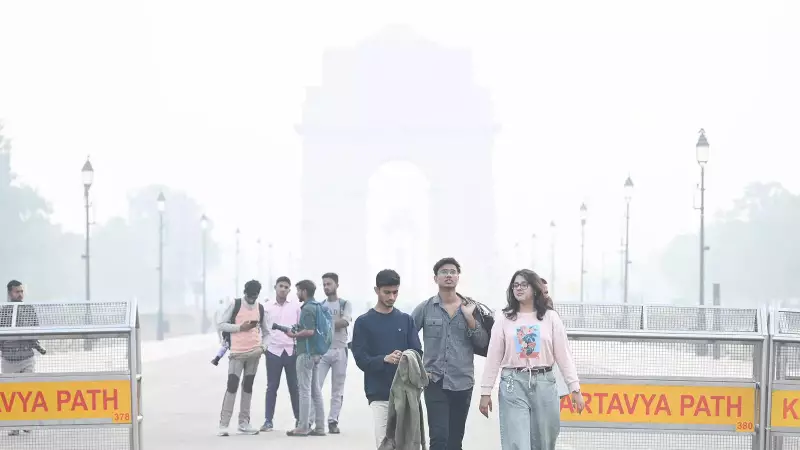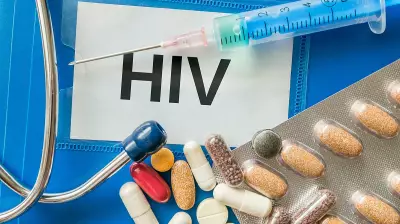
In a landmark development that confirms what millions of Indians have long suspected, a comprehensive scientific study has finally established the deadly connection between air pollution and premature mortality across the nation. The research presents irrefutable evidence that toxic air is claiming lives on an unprecedented scale.
The Hard Truth: Numbers Don't Lie
After years of speculation and fragmented data, Indian researchers have compiled conclusive evidence showing air pollution contributes to millions of premature deaths annually. The study, conducted by leading environmental and medical experts, reveals how prolonged exposure to polluted air is systematically shortening Indian lifespans.
What Makes Indian Air So Deadly?
The research identifies several key pollutants responsible for the health crisis:
- PM2.5 particles that penetrate deep into lungs and bloodstream
- Nitrogen dioxide from vehicle emissions and industrial activities
- Sulfur dioxide from power plants and manufacturing units
- Ground-level ozone that damages respiratory systems
Health Impacts Beyond Respiratory Diseases
While respiratory illnesses remain the most visible consequence, the study reveals more alarming connections:
- Increased risk of heart attacks and strokes
- Accelerated cognitive decline and neurological damage
- Complications during pregnancy and child development issues
- Higher incidence of lung cancer and other malignancies
Urban Centers: Ground Zero of the Crisis
Major metropolitan areas including Delhi, Mumbai, Kolkata, and Chennai show the highest pollution-related mortality rates. The study particularly highlights the vulnerability of children, elderly populations, and outdoor workers who face maximum exposure to hazardous air quality levels.
A Wake-Up Call for Nationwide Action
This groundbreaking research serves as a crucial wake-up call for policymakers, healthcare professionals, and citizens alike. The evidence demands immediate implementation of stricter emission controls, transition to cleaner energy sources, and comprehensive public health strategies to combat this silent killer.
The study underscores the urgent need for collective action - from government initiatives to individual responsibility - to reclaim the right to breathe clean air and protect future generations from this preventable health catastrophe.






